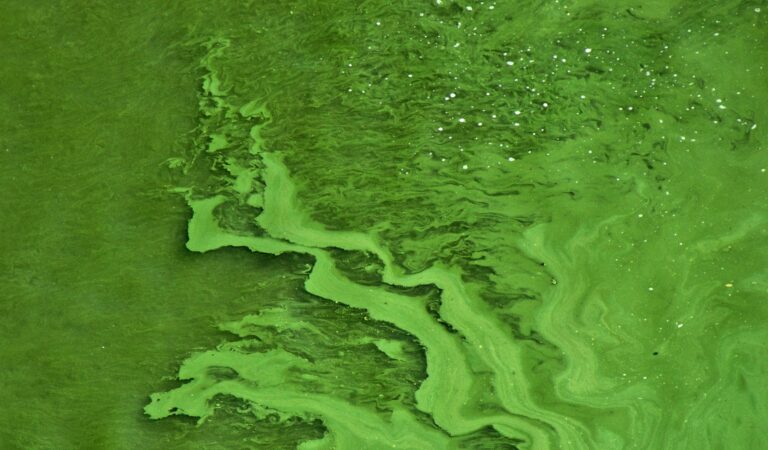On September 12th, American Public University System (APUS) received a NASA grant to study the use of spirulina for life support in space.
Here's what you need to know:
- APUS is a private, for-profit university system comprised of the American Military University (AMU) and American Public University (APU). Approximately 56% of APUS students served in the U.S. military.
- APUS’s Space Studies Program received the grant to study Arthrospira platensis to “support plant health, nutritional value, and production rates for many plants in similar conditions to Mars and the Moon.“
- The research is funded by NASA’s Established Program to Stimulate Competitive Research (EPSCoR) grant, and spirulina was chosen due to literature suggesting it can support plant health in highly alkaline soils similar to Moon and Mars regolith.
- Cyanotech Corporation is supplying the APUS group with Arthrospira platensis, a.k.a Hawaiian Spirulina Pacifica®.
- The use of algae for bioregenerative life support systems was first explored in 1954 by Professor Jack Myers for both the United States Air Force (USAF) and NASA.

